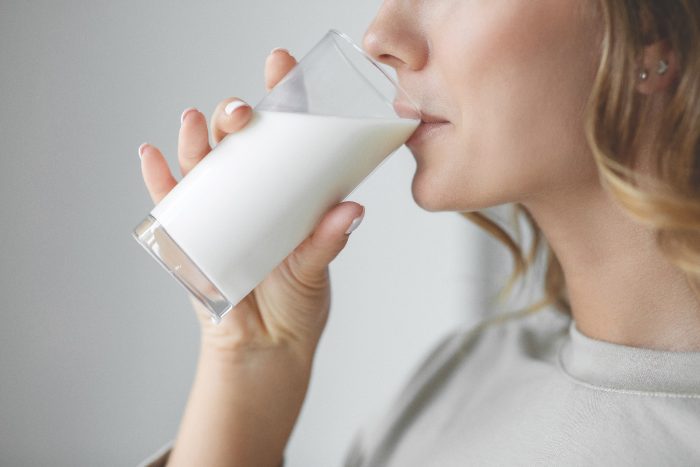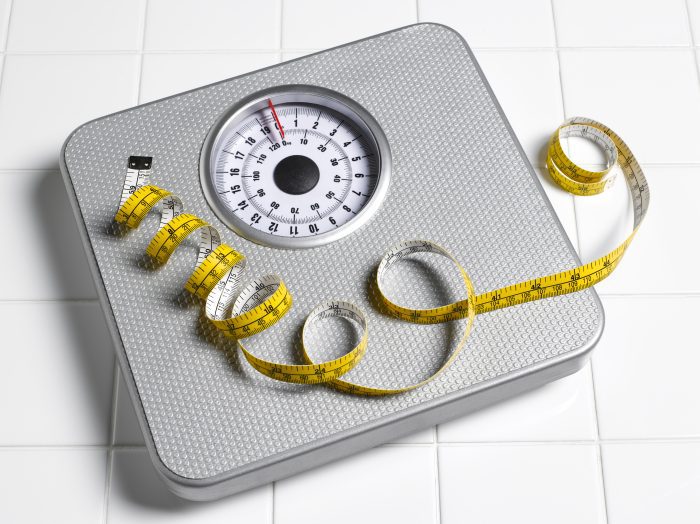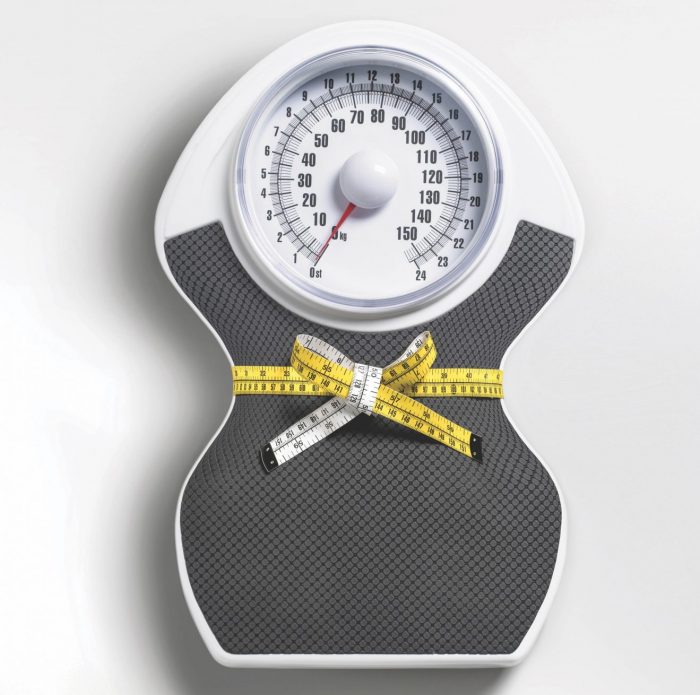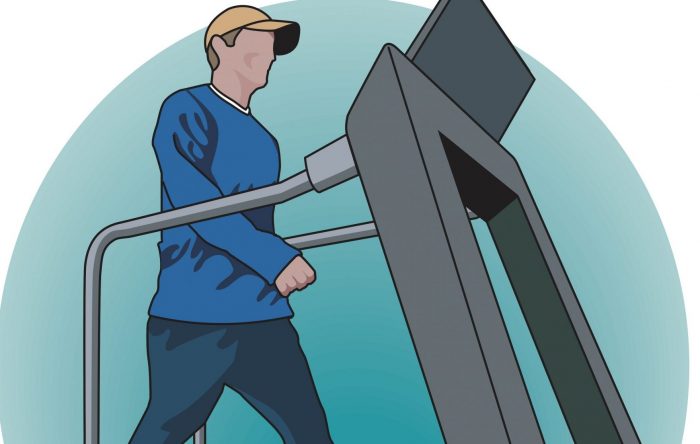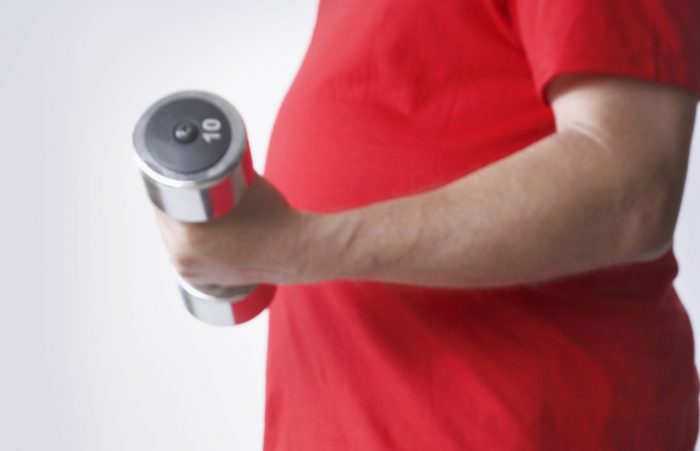Reducing dairy consumption can decrease inflammation
By David Dunaief, M.D.

Osteoarthritis (OA) can disturb your mobility, mood, and sleep quality, making it difficult to perform daily activities, which can affect your quality of life. Most often, it affects the knees, hips and hands. Acetaminophen and nonsteroidal anti-inflammatory drugs, such as ibuprofen or naproxen, are common first-line medications to help treat arthritis pain. Unfortunately, they do have side effects, which become more pronounced with long-term use.
While medications might relieve your immediate pain and inflammation symptoms, they don’t slow osteoarthritis’ progression. However, there are some approaches that can ease your pain without reaching for medications. Some might even help slow your OA’s progression.
The effect of losing weight on OA pain
Weight management is important to any OA pain management strategy. In a study of 112 obese patients, those who lost weight reported that their knee symptoms improved (1). The study authors also observed disease modification in this population, with a reduction in the loss of cartilage volume around the medial tibia.
The relationship was almost one-to-one; for every one percent of weight lost, there was a 1.2 mm3 preservation of medial tibial cartilage volume, while the opposite occurred for study participants who gained weight. A reduction of tibial cartilage is often associated with the need for a knee replacement.
Does vitamin D help ease OA pain?
In a randomized controlled trial (RCT), vitamin D provided no OA symptom relief, nor any disease-modifying effects (2). The two-year study of almost 150 men and women raised blood levels of vitamin D on average to 36 ng/ml, which is considered respectable. Researchers used MRI and X-rays to track their results.
In another study of 769 participants, ages 50-80, researchers found that low vitamin D levels – below 25 nmol/l led to increased OA knee pain over the five-year study period and hip pain over 2.4 years (3). The researchers postulate that supplementing vitamin D might reduce pain for those who are deficient, but that it will likely have no effect on others.
What about dairy?
With dairy, specifically milk, there is conflicting information. Some studies show benefits, while others show that it might contribute to the inflammation that makes osteoarthritis pain feel worse.
In the Osteoarthritis Initiative study, researchers looked specifically at joint space narrowing that occurs in those with affected knee joints (4). Results showed that low-fat (1 percent) and nonfat milk may slow the progression of osteoarthritis in women. Compared to those who did not drink milk, patients who did saw significantly less narrowing of knee joint space over a 48-month period.
The result curve was complicated, though. For those who drank fewer than three glasses a week up to 10 glasses a week, the progression of joint space narrowing slowed. However, for those who drank more than 10 glasses per week, there was less benefit. Men and those who consumed higher fat products, such as cheese or yogurt, saw no benefit.
However, the study had significant flaws. The 2100 patients were only asked about their milk intake at the study’s start and were asked to recall their weekly milk consumption for the previous 12 months – a challenging task.
In a study of almost 39,000 participants from the Melbourne Collaborative Cohort Study researchers found that increases in dairy consumption were associated with increased risk of total hip replacements for men with osteoarthritis (5).
Is diet or exercise better for reducing osteoarthritis pain?
Diet and exercise together actually trumped the effects of diet or exercise alone in a well-designed, 18-month study (7). Patients with osteoarthritis of the knee who lost at least 10 percent of their body weight experienced significant functional improvements and a 50 percent pain reduction, as well as inflammation reduction. This was compared to those who lost a lower percent of their body weight.
Researchers used biomarker IL-6 to measure inflammation. The diet and exercise group and the diet-only group lost significantly more weight than the exercise-only group, 23.3 pounds and 19.6 pounds versus 4 pounds. The diet portion consisted of a meal replacement shake for breakfast and lunch and then a vegetable-rich, low-fat dinner. Low-calorie meals replaced the shakes after six months. The exercise regimen included one hour of a combination of weight training and walking “with alacrity” three times a week.
To reduce pain and possibly improve your OA, focus on lifestyle modifications. The best effects shown are with weight loss which is most easily achieved with a vegetable-rich diet and exercise. In terms of low-fat or nonfat milk, the results are controversial, at best. If you don’t eliminate dairy, stay on the low end of consumption, since it can increase inflammation.
References:
(1) Ann Rheum Dis. 2015 Jun;74(6):1024-9. (2) JAMA. 2013;309:155-162. (3) Ann. Rheum. Dis. 2014;73:697–703. (4) Arthritis Care Res online. 2014 April 6. (5) J Rheumatol. 2017 Jul;44(7):1066-1070. (6) Nutrients. 2021 Feb 4;13(2):506. (7) JAMA. 2013;310:1263-1273.
Dr. David Dunaief is a speaker, author and local lifestyle medicine physician focusing on the integration of medicine, nutrition, fitness and stress management. For further information, visit www.medicalcompassmd.com or consult your personal physician.

